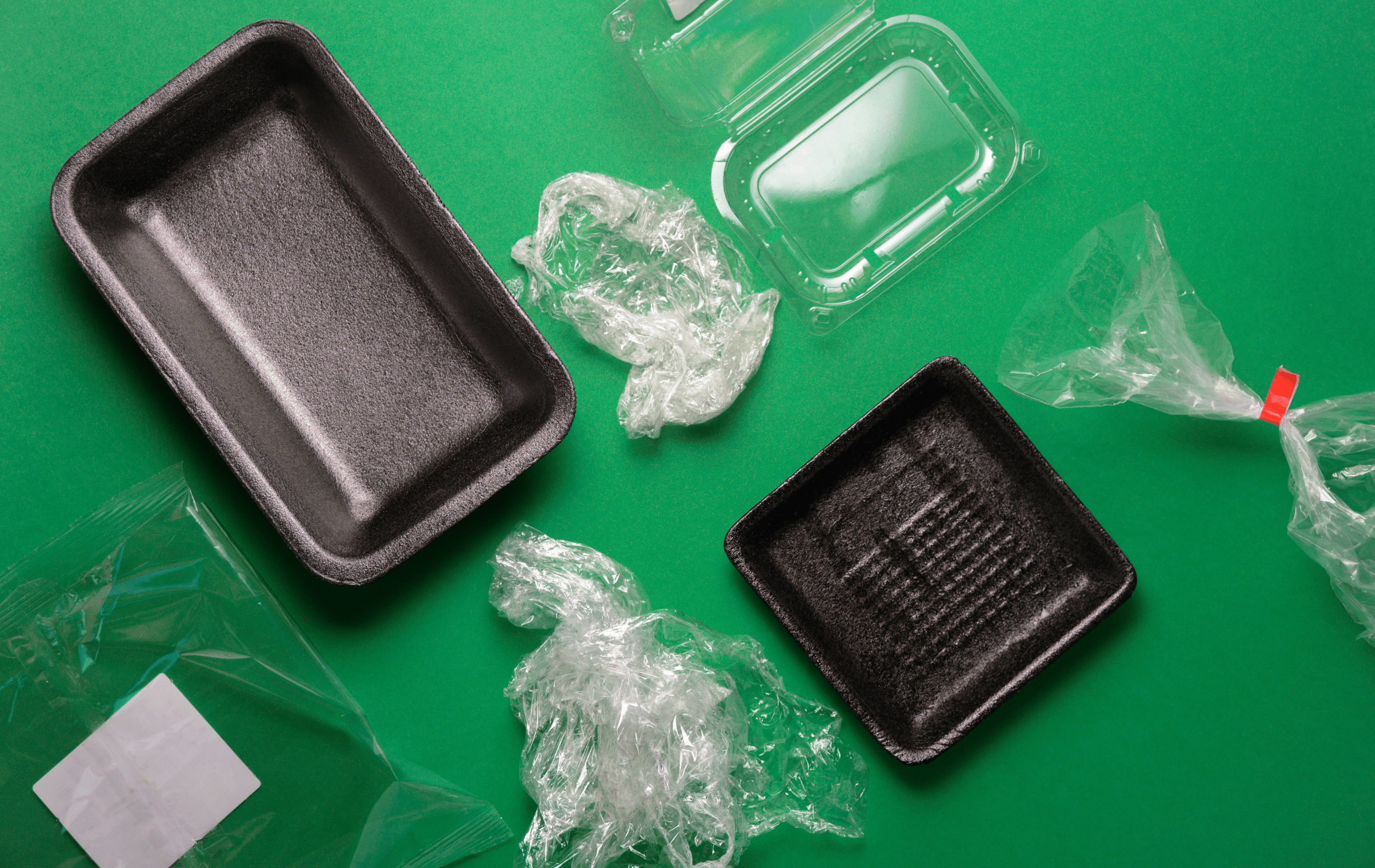In November 2022, the Belgian government notified the EU of a draft Royal Decree to limit the placing on the market of single-use plastic products. The draft is open for comments until March 1, 2023, and shall enter into force on January 1, 2024.
The process
EU Member States must notify the European Commission about their legislative proposals concerning goods. The draft remains open for comments for a certain period, and interested parties can submit their feedback. During this period, the national legislative process cannot proceed (standstill). This procedure aims to avoid creating barriers to trade within the internal market.
Food and beverages
Most of the draft Royal Decree provisions concern food and beverage packaging. In particular, the law will prohibit to newly place on the market the following:
- Single-use plastic containers for immediate consumption of food and drink – except those that are industrially pre-filled;
- Single-use plastic packaging of fresh fruit and vegetables – except for those bigger than 1.5 kg and certain products listed in Annex 1 (strawberries, blueberries, redcurrants, etc.);
- Non-compostable labels to stick on fruit and vegetables and from January 2025. labels which are not compostable at home;
- Single-use cardboard cups coated in plastic.
Other products
Furthermore, the draft Royal Decree provides a ban on:
- Advertising or non-addressed printed materials with packaging containing plastic;
- Sigle-use plastic confetti, glitter, skewers, stickers other than for medical applications, coffee and tea bags, coffee capsules containing plastic or aluminium, not home compostable cutlery and plates, laminated advertising cards;
- Other products listed in Annex 2 if they do not meet the minimum recycled plastic content requirements specified therein.
Ban on PFAS
Article 10 of the draft Belgian Royal Decree imposes a ban on placing for the first time on the market packaging containing PFAS, namely Perfluoroalkyl and Polyfluoroalkyl substances.
PFAS are chemical compounds in the spotlight of authorities because they are persistent in the environment and, therefore, accumulate and pollute water and the food chain. They are used in various industries: medicinal products, medical devices, textiles, automotive, and construction.
In addition, on January 13, 2023, some countries submitted to the European Chemicals Agency (ECHA) a proposal to restrict PFAS except for few essential applications. Now, the Agency will evaluate the proposal, and a six-month consultation will start on March 22, 2023. ECHA will likely adopt its opinion on the proposal within approximately a year and submit it to the European Commission, which will decide on an eventual restriction.
In light of the above, some industry associations are collecting data to demonstrate the essentiality of PFAS in certain sectors, especially in medicinal and medical devices.
We invite all manufacturers to verify their packaging material and act accordingly. Contact us if you believe that banning PFAS might negatively affect your medical devices, and we will communicate it to our Authority.
Francesca Santacatterina
Publications Department
19/01/2023
References:
ECHA. (2023). ECHA receives PFASs restriction proposal from five national authorities. Retrieved on 19/01/2023
ECHA. (2023). Per- and polyfluoroalkyl substances (PFASs). Retrieved on 19/01/2023
EFPIA, Animal Health Europe. (2022). Position on use and risk of “per- and polyfluorinated alkyl substances” (PFAS) in Europe, in the light of an emerging Restriction under REACH. Retrieved on 19/01/2023
European Commission. (2022). Draft Royal Decree to limit the placing on the market of single-use products harmful to the environment and to increase the recycled content of certain products. Retrieved on 19/01/2023
The information contained on obelis.net is presented for general information purposes only, without obligation and it has been compiled with the utmost care to ensure it remains up to date. Nevertheless, Obelis Group cannot be held liable for the accuracy and completeness of the information published. Any reliance placed on such information is therefore strictly at the User’s risk.


